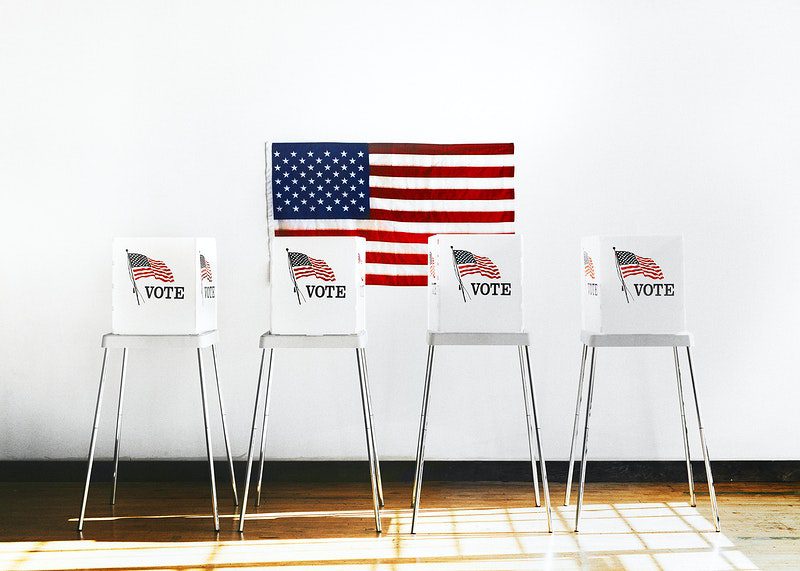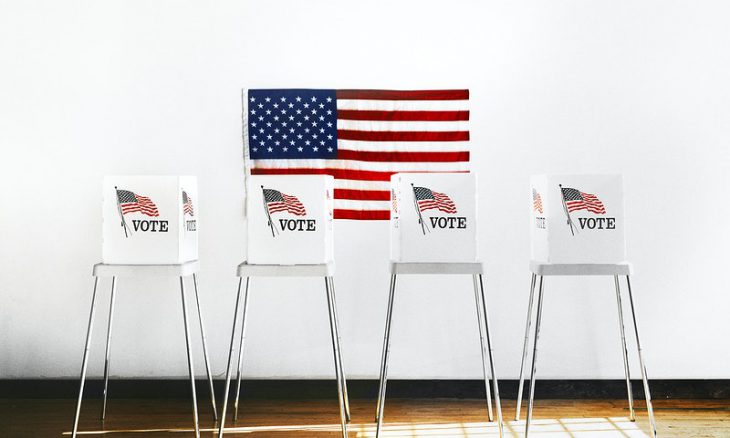States Have Deep Concerns for Coming Election

Depending on the perspective from which you see the big picture, you may or may not think there was widespread fraud in America’s 2020 presidential election.
National Public Radio, a governmental organization, says that exhaustive reporting from the Associated Press shows that any evidence of claims of fraud is false, reporting fewer than 475 potential instances out of more than 25 million votes cast.
On the other hand, the Heritage Foundation, a conservative think tank that watches over public policy, says there were 1,365 proven instances of voter fraud, with 1,173 criminal convictions, 48 civil penalties, 25 judicial findings, and 17 official findings.
As some people would say, either way, the overall numbers were low, and “that was then and this is now.” Yet, a report in June of this year says only 20 percent of Americans will say they are “very confident” in the integrity of elections. Democrats reported having more faith in the U.S. elections, with 30 percent saying they are “very confident.” Independents agreed at 20 percent, while only 13 percent of Republicans surveyed would say they have high confidence in the election system, and 59 percent said they were either “not so confident” or “not confident at all.”
Under the United States Constitution, states have the authority to regulate the times, places, and manner of holding congressional elections, safeguarded to them by Supreme Court decisions.
So, are the states doing enough to control the voting process, how votes are counted, and avoid voter fraud, errors, and other problems or mistakes in order to rebuild or maintain voter confidence?
State election officials all across the country have become more interested in ensuring a fair and secure election process. Most states have laws that protect election security and integrity; however, even the best laws are not worth much if responsible officials do not rigorously enforce them. It is up to the citizens of each state to make sure that their elected and appointed public officials do just that.
Election interference has become one area of concern. Between January 1 and May 4, six state legislatures—Alabama, Arizona, Florida, Georgia, Kentucky, and Oklahoma—passed nine election interference laws. As of May 4, the last reporting date, at least 17 such bills introduced this year are still moving through other state legislatures. In total, since the beginning of 2022, legislators in 27 states have proposed at least 48 election interference bills. Election interference does not only happen from foreign governments, which is a known problem, but can be caused by partisan activities or election crimes.
Some states are voting to expand access to the vote, while other states are adding restrictions, with voter identification for example. Other bills before state legislatures would impose new criminal or civil penalties on election officials or make it easier for them to be prosecuted for malfeasance. An Arizona law that requires documentary proof of citizenship to vote has been found unconstitutional by the U.S. Supreme Court. Another challenge may well be ahead. A similar law in Kansas has been struck down by a federal appellate court.
The Bible often speaks of dealing fairly with one another… even more, to love one’s neighbor. 1 Corinthians 10:24 says, “Let no one seek his own good, but the good of his neighbor.” 1 Peter 2:13-14 reads, “Be subject for the Lord’s sake to every human institution, whether it be to the emperor as supreme, or to governors as sent by him to punish those who do evil and to praise those who do good.” In other words, God desires that you be a responsible citizen.
How then should we pray?
- For all who are in authority, so that you might live a peaceable life (1 Timothy 2:2-3).
- For the officials who are administering the election to be watchful, cautious, and honest.
- That state legislatures would pass laws that strengthen and protect the voting process.
- For God to prevent the coming elections from harm or criminal actions, that truth and clarity would prevail.
- That God would direct you in your responsibilities as an informed, prayerful voter.





